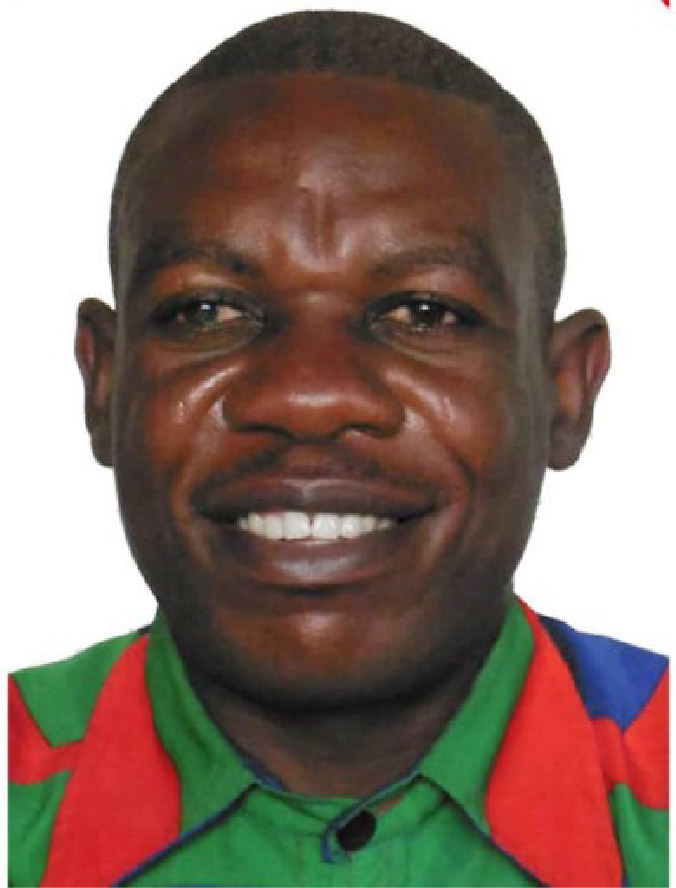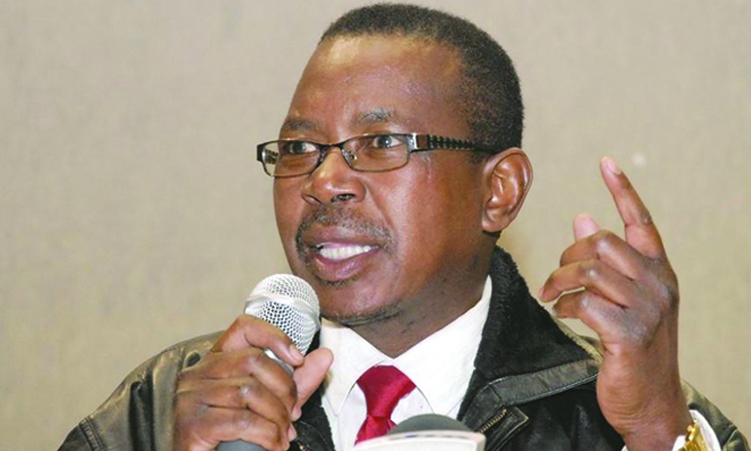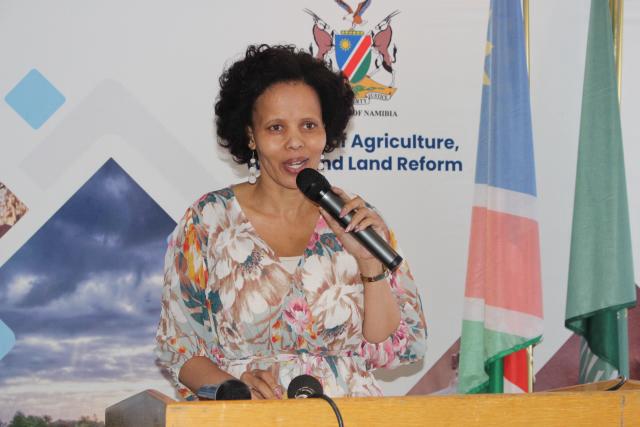Swapo secretary general Sophia Shaningwa and unionist party member Reinhold Shipwikineni threw harsh words at each other over the weekend.
This comes as they are headed to court over the contested elective congress issue.
Shipwikineni told The Namibian yesterday that the responding affidavit submitted to the High Court by Shaningwa is fraudulent and full of weak points.

Swapo filed an answering affidavit to defending its decision not to hold an extraordinary congress to elect a party president.
The party does not have a president following the death of Hage Geingob in February.
“I believe we will win this important case and their fraudulent answering affidavits, along with the so-called counter-application against me, will be successfully parried,” said Shipwikineni.
He said Swapo doesn’t have a legitimate candidate for the presidential elections.
“There are some Swapo leaders, Fishrot corruption beneficiaries and paymasters who attempt to mislead the public and intimidate the judiciary system,” said Shipwikineni.
Shaningwa says Shipwikineni is decisive, destructive and determined to find “dirt” in the party’s leadership.
“He thrives on propagating lies and misinformation on or about the party’s leadership.
He naively and cynically believes that an insult-based public discourse is part of the constitutionally protected fundamental freedom of expression.
“He is a muckraking politician with a misguided obsession with searching for dirt against prominent leaders of the party,” Shaningwa says.
Shipwikineni, Peter Shituula, Joshua-Vaino Martins and others challenged Swapo to hold an extraordinary congress.
They are represented by Richard Metcalfe.
Political analyst Ndumba Kamwanyah says the part should foster an environment where members can voice their disagreements without fear of retribution.
“By doing so, the party can maintain unity while upholding democratic principles.
“Expulsion should be reserved for situations where a member’s actions are genuinely harmful to the party’s core values and unity,” he says.


Speaking to The Namibian yesterday, political analyst Ben Mulongeni said the party leadership needs to learn to deal with internal criticism.
“One needs to understand the dialectical interdependence between the party and the people. If party leaders threaten, insult or expel party members who disagree, it can lead to the death of the party,” he said.
Mulongeni said when Swapo expelled Panduleni Itula, a big portion of the party followed him and formed the rival Independent Patriots for Change.
“Imagine if you fire every member who disagrees . . . how many people are going to remain in the party?” he asked.
He said Swapo’s internal conflicts and approach to dissent have led to reduced parliamentary seats and losses in regional and local government representation.
Political analyst Henning Melber says it has become a Namibian pattern that parties’ internal dissonances and efforts are brought before courts.
“Washing dirty linen in the public does not create more confidence and trust in the parties who are on record for such legal hassles,” he says.
“While the party leadership took a decision, dissenting voices were unwilling to accept.
This places their own agenda above that of the party and puts their loyalty in question,” says Melber.
He says the insults and name calling hurled at critics by Shaningwa are distasteful and raises questions on the credibility of the party.
“If all these character assassinations would include some degree of truth, one should wonder how and why such people could occupy higher ranks in the party structures, which then in return, puts the party in a negative light,” says Melber.
“This is not any acceptable way of handling disputes in public. Namibian democracy is in a dismal condition,” he says.
Stay informed with The Namibian – your source for credible journalism. Get in-depth reporting and opinions for
only N$85 a month. Invest in journalism, invest in democracy –
Subscribe Now!










